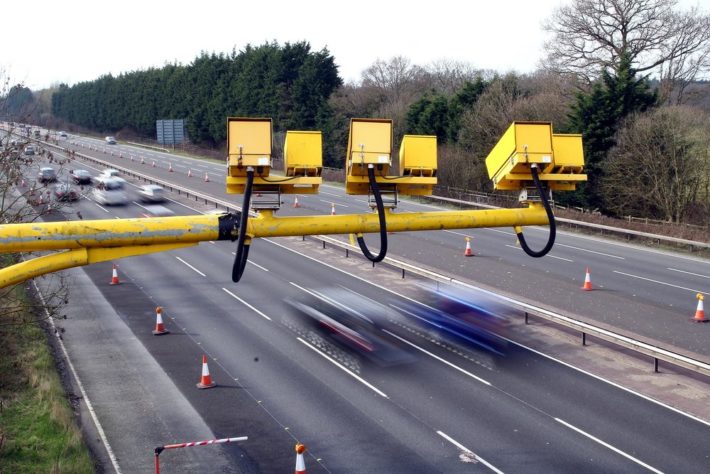You know you shouldn’t have broken the speed limit; you know why the limits are in place and you’re very remorseful. You could have caused a serious, maybe even fatal accident and so you understand that you must face some kind of consequences.
However, the impact upon you and your family of losing your driving licence is devastating, so you need to see if you can reduce your punishment in any way – pleading exceptional hardship is one such way.
Don’t use an online template
You may see lots of exceptional hardship template letters online and think that using one will be cheaper than a lawyer. You need expert help though, so don’t bother with a template – your circumstances are unique and you need to focus on them, not some anonymous “A.N. Other” in the template.
Get your case ready
You need written proof for this, not just spoken testimony. Keep to the facts – don’t use emotive language or “maybes” and “what-ifs”. Bullet points or short sentences are best, but remember, just the facts.
Examples of exceptional hardship grounds
Some good examples of exceptional hardship grounds include job loss and subsequent inability to pay rent or mortgage, the inability to visit and help elderly or vulnerable relatives and the inability to do charity or community work.
If you can show how others will suffer just as much – if not more – than you, then the judges will be more inclined to be sympathetic.
Is losing your job a disaster?
Sometimes losing your job isn’t deemed serious enough to keep your licence. If you’re relatively young and in a niche field, then you’ll probably be OK. If you’re older and in a competitive sector, then being unable to drive is much more of a blow.
Don’t talk about trivia
Of course, shopping will be harder, but that’s what online deliveries are for… The fact you won’t be able to drive to the mountains on the spur of the moment won’t move the judge one bit. Focus on the big impacts and leave the smaller ones out – the prosecution and judges won’t be interested.
Stick to the truth
Lawyers are good at winkling out the truth.
Get all your evidence together
You need documentary evidence, so discuss with your lawyer what you can gather and how to present it. Evidence of this kind can win or lose cases, so spend time on it.
Documents are vital here. Don’t expect to get sympathy because you say you “…do a lot for charity…” as this can come over as smug and manipulative. Letters from your charities, or your community clubs, are much more effective, especially if they explain that you take the elderly villagers to play bowls twice a month. They’re also better because letters don’t forget things or clam up in the witness box.


